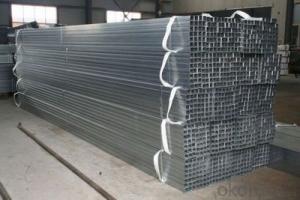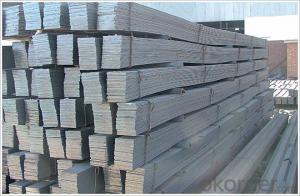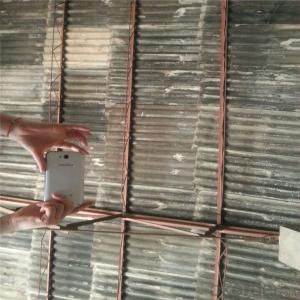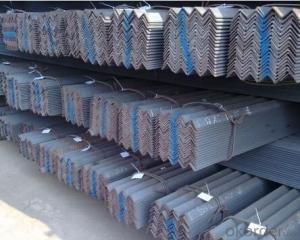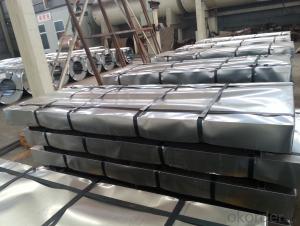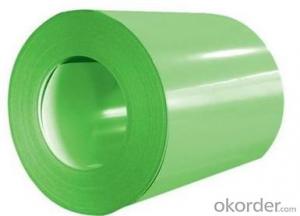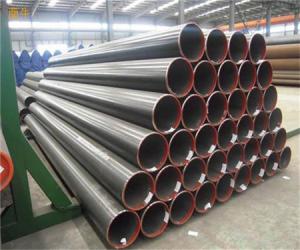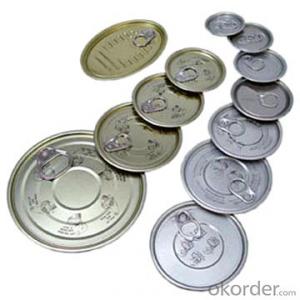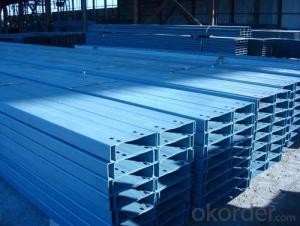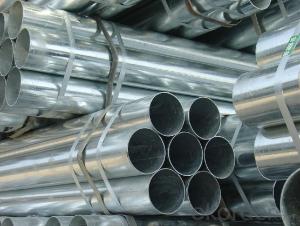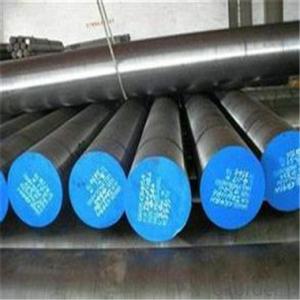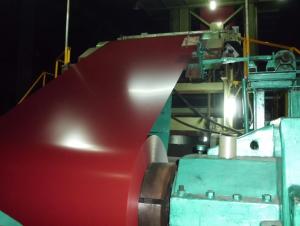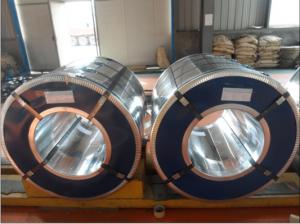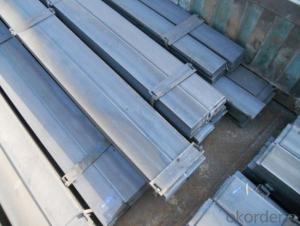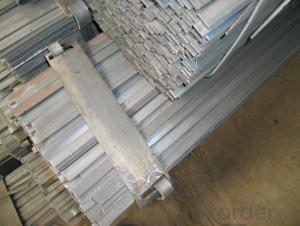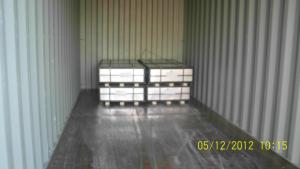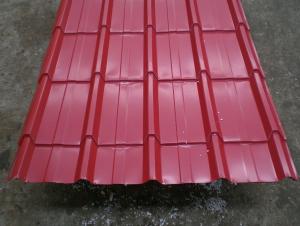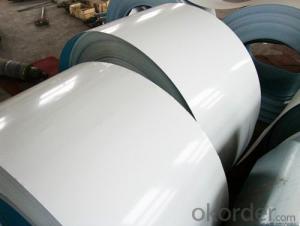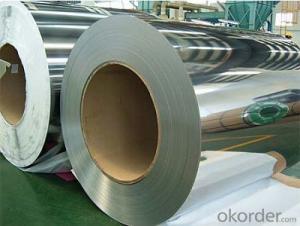All Categories
- - Steel Wire Rod
- - Steel Coils
- - Steel Profiles
- - Steel Pipes
- - Stainless Steel
- - Tinplate
- - Special Steel
- - Steel Sheets
- - Steel Rebars
- - Steel Strips
- - Hot Rolled Steel
- - Cold Rolled Steel
- - Pre-painted Steel
- - Seamless Steel Pipe
- - Welded Steel Pipe
- - Hollow Steel Tubes
- - Galvanized Pipe
- - Stainless Steel Coil
- - Stainless Steel Sheet
- - Stainless Steel Plate
- - Stainless Steel Strips
- - Electrolytic Tinplate Coil
- - Electrolytic Tinplate Sheet
- - Stainless Steel Rebars
- - Solar Panels
- - Solar Water Heater
- - Solar Related Products
- - Solar Inverter
- - Solar Cells
- - Solar Light
- - Solar Energy Systems
- - Solar Controllers
- - Solar Mounting System
- - Solar Pump
- - Solar Chargers
- - Fiberglass Chopped Strand
- - Fiberglass Mesh Cloth
- - Composite Pipes
- - FRP Pultrusion Profiles
- - Fiberglass Mat Tissue
- - Fiberglass Fabrics
- - Fiberglass Mesh
- - Composite Tank
- - Fiberglass Mesh tape
- - Polymer
- - FRP Roofing Panel
- - Fiberglass Roving
- - Monolithic Refractories
- - Ceramic Fiber Products
- - Refractory Bricks
- - Raw Materials For Refractory
- - Suspended Platform
- - Cranes
- - Concrete Machinery
- - Earthmoving Machinery
- - Building Hoist
- - Road Building Machinery
- - Plastic Pipe Fittings
- - Plastic Tubes
- - Plastic Sheets
- - Agricultural Plastic Products
- - Plastic Nets
 All Categories
All Categories
Q & A
What are the considerations for using cold-rolled steel in the production of solar panels and renewable energy equipment?
Some considerations for using cold-rolled steel in the production of solar panels and renewable energy equipment include its strength and durability, corrosion resistance, and cost-effectiveness. Cold-rolled steel is known for its high tensile strength, making it suitable for supporting heavy solar panels and withstanding environmental stresses. It also offers excellent corrosion resistance, crucial for equipment exposed to outdoor elements. Additionally, cold-rolled steel is cost-effective compared to other materials, making it an attractive choice for manufacturers in the renewable energy industry.
What are the advancements in cold-rolled steel technology for the automotive industry?
In recent years, there have been several advancements in cold-rolled steel technology for the automotive industry. These advancements primarily focus on improving the strength and durability of the steel while reducing its weight. One notable advancement is the development of advanced high-strength steels (AHSS) that offer superior strength-to-weight ratio, allowing for lighter and more fuel-efficient vehicles without compromising safety. Additionally, advancements in processing techniques have led to the production of ultra-high-strength steels (UHSS) that exhibit exceptional formability, enabling the creation of complex vehicle designs. Furthermore, advancements in coating technologies have resulted in enhanced corrosion resistance, extending the lifespan of steel components in automotive applications. Overall, these advancements in cold-rolled steel technology have played a crucial role in the automotive industry's ongoing pursuit of lightweighting, improved fuel efficiency, and enhanced safety.
What are the safety measures and guidelines for welding and machining cold-rolled steel?
Some safety measures and guidelines for welding and machining cold-rolled steel include wearing appropriate personal protective equipment (PPE) such as safety glasses, welding helmets, gloves, and protective clothing to protect against sparks, debris, and potential burns. It is important to ensure proper ventilation in the workspace to prevent exposure to hazardous fumes and gases produced during the welding and machining processes. Additionally, operators should be well-trained in using the equipment and tools, following proper techniques and safety procedures to minimize the risk of accidents and injuries. Regular maintenance and inspection of equipment is also necessary to ensure its safe and efficient operation.
How does cold-rolled steel perform in high-temperature applications?
Cold-rolled steel generally performs well in high-temperature applications due to its increased strength and hardness compared to hot-rolled steel. It retains its structural integrity and dimensional stability even at elevated temperatures, making it suitable for various industrial and construction purposes. However, it is important to note that the exact performance can vary depending on the specific grade and composition of the steel.
Wholesale Cold Rolled Steel from supplier in Tuvalu
With our specialization in supplying Cold Rolled Steel to Tuvalu, we are able to offer a range of services tailored to meet your needs. Whether you require sales assistance, quotations, or technical support, we have the expertise to provide comprehensive solutions for Cold Rolled Steel products in the region.
As a subsidiary of CNBM, a Fortune Global 500 company, we have the resources and capabilities to cater to all your procurement requirements. Our strong market presence and years of experience in Tuvalu allow us to offer valuable insights and expertise for your projects.
By choosing us as your trusted partner in Cold Rolled Steel procurement, you can benefit from our extensive product range and reliable services. We are committed to delivering high-quality products and ensuring customer satisfaction.
Contact us today to discuss your Cold Rolled Steel requirements in Tuvalu and let us provide you with all-inclusive procurement solutions.
As a subsidiary of CNBM, a Fortune Global 500 company, we have the resources and capabilities to cater to all your procurement requirements. Our strong market presence and years of experience in Tuvalu allow us to offer valuable insights and expertise for your projects.
By choosing us as your trusted partner in Cold Rolled Steel procurement, you can benefit from our extensive product range and reliable services. We are committed to delivering high-quality products and ensuring customer satisfaction.
Contact us today to discuss your Cold Rolled Steel requirements in Tuvalu and let us provide you with all-inclusive procurement solutions.
